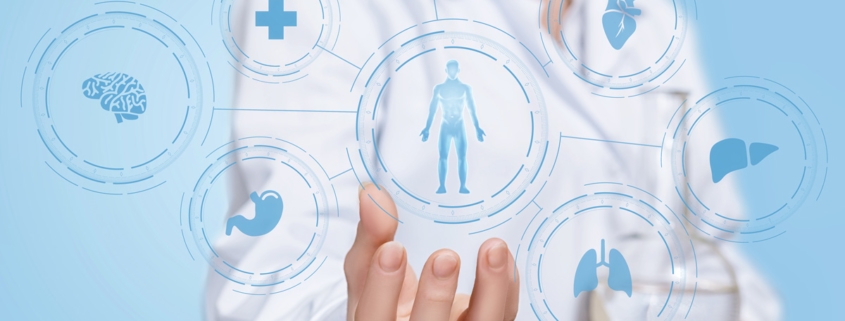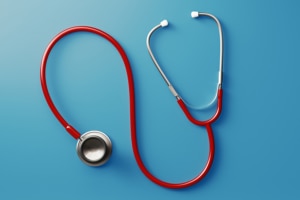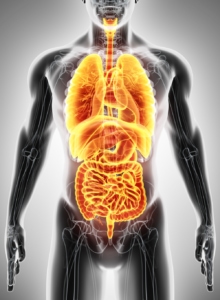
Internal Check-up
Diagnostics – what is a medical check-up?
We often get to hear the following after a check-up: “How lucky I was to have done the check up with you so early, this way we were able to prevent it from becoming serious” – or, “I’m so relieved it’s not serious.” Serious illness can begin with harmless symptoms or even without any symptoms.
On the other hand, there are symptoms such as chest pain that can be disturbing, but do not necessarily indicate a disease.
How frequent should regular health check-ups be?
One can only answer for oneself how regularly to go to a check-up. But there are clues that can be used for guidance, e.g. healthy lifestyle – and an inconspicuous family history, i.e. one without a particular incidence of illness.
Young people are more likely to be recommended longer intervals between medical check-ups than patients who are in in mid-life.
A colonoscopy, as part of colon cancer screening, would therefore be more likely recommended to patients around the age of 50 than to those in their mid-twenties. On the other hand, blood test in which kidneys, liver and pancreas related values are determined are more useful for younger patients.
What does a medical check-up include?

Depending on the individual health history and current state of health, we recommend different examinations. It is always a matter of the indications, i.e. the medical indications and circumstances that speak for or against a comprehensive examination. We list some of the services here – without claiming to be complete: After a detailed physical examination, we prepare a profile for blood tests. This includes, for example, biochemical measures such as blood lipids, blood sugar, uric acid, kidney related indicators, liver related indicators and pancreas related indicators as well as thyroid related levels and iron status; in addition, if appropriate, we include tumour markers such as PSA (prostate), CEA (intestine) and CA 19-9 (pancreas). Other tests include:
- Urine status
- Occult blood in the stool (hemoccult)
- Electrocardiogram (resting ECG)
- Lung function
- Ultrasound examination (sonography) of the abdominal organs
- 3D/4D echocardiography of the heart
- Ultrasound examination (sonography) of the thyroid gland
- Exercise ECG (recumbent ergometry)
- ABI Test – Ankle-Arm Index for
- Early detection of peripheral vascular disease
- Eye test
- Hearing test
- Long-term blood pressure measurement (24 h to 7 days)
- Long term ECG (24 – 7 days)
- H RV measurement (heart rate variability)
Which diagnoses can be made or excluded by a full check-up?

Cardiovascular diseases
Functional or structural lung diseases
Indications of skin cancer
Disorders of the fat metabolism
Indications of colorectal cancer
Tumours of the bladder or kidney
Diseases of abdominal organs
Metabolic diseases
Blood diseases
Evidence of prostate cancer
Rheumatic diseases
A fully comprehensive medical examination may permit early stage diagnosis of the illnesses mentioned above and many others or may provide information about the likelihood of diseases using so-called prognostic parameters (e.g. family health history, infections experienced, infarctions, etc.).
Goals of diagnoses and prognoses
The goals of early diagnostics include changing unhealthy lifestyles in favour of maintaining health, counteracting symptoms and incipient diseases if necessary, or starting therapies if there are indications for these.
Summary Health examination / Check-up:
The scope of a check-up will always be driven by an individual’s circumstances. We will jointly consider, in the light of your personal health history (anamnesis), which examinations are most appropriate and relevant. All the services described here are available in our private internal medicine / cardiology practice.
